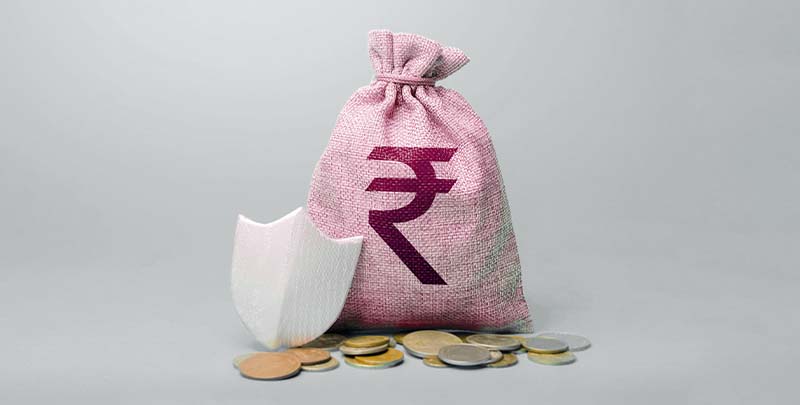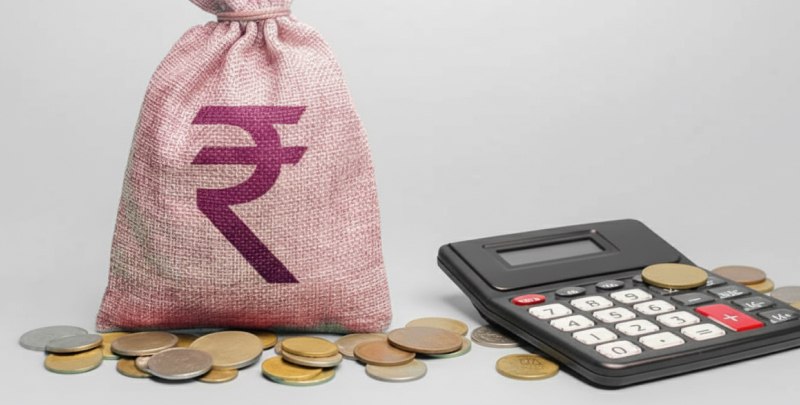- Accounts
- Digital Savings Account
- Savings Account
- Digital Salary Account
- Salary Account
- Digital Current Account
- Current Account
- Trust NGO Institutional Savings Account
- Safe Deposit Locker
- Safe Custody
- Pension Disbursement Account
- PMJDY
- Silver Linings Program
- Doctors Banking Program
- Young sparks program
- Self Employed Banking Program
- Deposits
- Cards
- Forex
Send Money AbroadSend Money to India
- Loans
24x7 Loan
- Investments
- Insurance
General InsuranceHealth Insurance
- Payments
- Offers & Rewards
- Learning Hub
- Bank Smart
- Open digital A/C
Explore 250+ banking services on Axis Mobile App
Scan to Download
- Current Account
- Pay
- Collect
- Trade
Services
Solution for Exporters
- Debt & Working Capital
24x7 Loans
For MSMEs with turnover up to ₹30 Cr
- Treasury
- Transact Digitally
- Home
- Blogs
- Deposits Guide
- Treasury Bills Vs Fd

Deposits
Treasury Bills vs FD (Fixed Deposit)
Treasury Bills and Fixed Deposits are popular and secure investment options in India. While both offer stability, they differ in risk, returns and liquidity.
Understanding Treasury Bills
Treasury Bills (T-Bills) are short-term government securities issued to meet borrowing needs. Sold at a discount, they mature at face value after 91, 182 or 364 days. Since these are backed by the government, T-Bills are considered a safe investment.
Understanding Fixed Deposits
A Fixed Deposit (FD) is an investment where you deposit a lump sum for a fixed tenure at a guaranteed interest rate. Interest is earned either periodically or at maturity, and FDs are available for both short and long terms.
Fixed Deposit vs Treasury Bills
| Criteria | Fixed Deposits (FDs) | Treasury Bills (T-Bills) |
|---|---|---|
Investment type | Savings instruments offered by banks with fixed interest | Government securities, a form of borrowing |
Term | Flexible tenure (7 days to 10 years) | Short-term (91, 182, or 364 days) |
Risk | Safe, especially bank FDs (insured up to ₹5 lakh); slight risk with NBFCs | Extremely safe, backed by the government |
Returns | Guaranteed returns with higher rates for senior citizens | Lower returns from the difference between purchase price and maturity value |
Liquidity | Can be broken early, but penalties may apply | Highly liquid, can be sold before maturity on the secondary market |
Suitability | Ideal for medium to long-term investors seeking guaranteed returns | Best for short-term investors |
Taxation | Interest taxed as per income slab; TDS applies above ₹40,000 (₹50,000 for seniors) | Returns taxed as capital gains, no TDS |
Factors to consider when choosing between Treasury Bills and FDs
- Investment horizon: If you need short-term liquidity, T-Bills are a better choice. For long-term goals, FDs offer more suitable tenure flexibility.
- Risk tolerance: If you prefer absolute safety with government backing, T-Bills are safer. FDs are also safe, but with slightly more risk if invested via an NBFC.
- Returns: FDs generally offer higher returns than T-Bills, especially for long-term deposits.
- Liquidity needs: If you may need to access your funds early, check the penalties for premature withdrawal in FDs or consider the secondary market liquidity for T-Bills.
Also Read: Secure your future with Fixed Deposits for emergency funds
Conclusion
Both Treasury Bills and Fixed Deposits offer safe and reliable investment options. Treasury Bills are ideal for short-term goals with high liquidity and minimal risk, while Fixed Deposits provide more flexible tenures and assured returns, making them suitable for long-term financial planning.
For a seamless experience, consider Axis Bank Fixed Deposits offering flexible tenures from 7 days to 10 years, along with the convenience of seamless digital management. With a minimum investment of just ₹5,000, it ensures that your financial goals are met efficiently.
FAQs
What happens when a T-Bill matures?
You receive the full-face value. The return is the difference between the purchase price and the maturity value. For example, buying a T-Bill for ₹95,000 returns ₹1,00,000 at maturity.
How can I buy Treasury Bills in India?
You can buy T-Bills via the RBI retail direct portal, primary dealers (banks), or on stock exchanges like NSE and BSE.
Are Treasury Bills riskier than Fixed Deposits?
No, T-Bills are government-backed and have zero default risk. Bank FDs are also safe but FDs with NBFCs may carry slight risk.
Can you invest in both Treasury Bills and FDs?
Yes, T-Bills offer short-term liquidity, while FDs provide long-term returns. Investing in both can balance your portfolio.
Who regulates Treasury Bill prices?
The Reserve Bank of India (RBI) regulates and auctions T-Bills, with prices determined by competitive bidding.
Disclaimer: This article is for information purpose only. The views expressed in this article are personal and do not necessarily constitute the views of Axis Bank Ltd. and its employees. Axis Bank Ltd. and/or the author shall not be responsible for any direct / indirect loss or liability incurred by the reader for taking any financial decisions based on the contents and information. Please consult your financial advisor before making any financial decision.
Table of Contents
Related Services
Learning Hub
Look through our knowledge section for helpful blogs and articles.
Jan 30, 2026
5 min read
499 Views
What is Fixed Deposit (FD) ? Advantages of a Fixed Deposit Account
Advantages of Having a Fixed Deposit Account Broke...
Jan 30, 2026
3 mins read
513 Views
7 Essential tips before investing in a Fixed Deposit
Secure your financial future with smart Fixed Deposit investment tips for Diwali.
Jan 30, 2026
3 min read
1.5k Views
Treasury Bills vs FD (Fixed Deposit)
Diversify your returns with investments in Treasury Bills and Fixed Deposits.
Jan 30, 2026
3 min read
670 Views
Simple steps to open a Fixed Deposit Account
Secure your savings with a Fixed Deposit.













